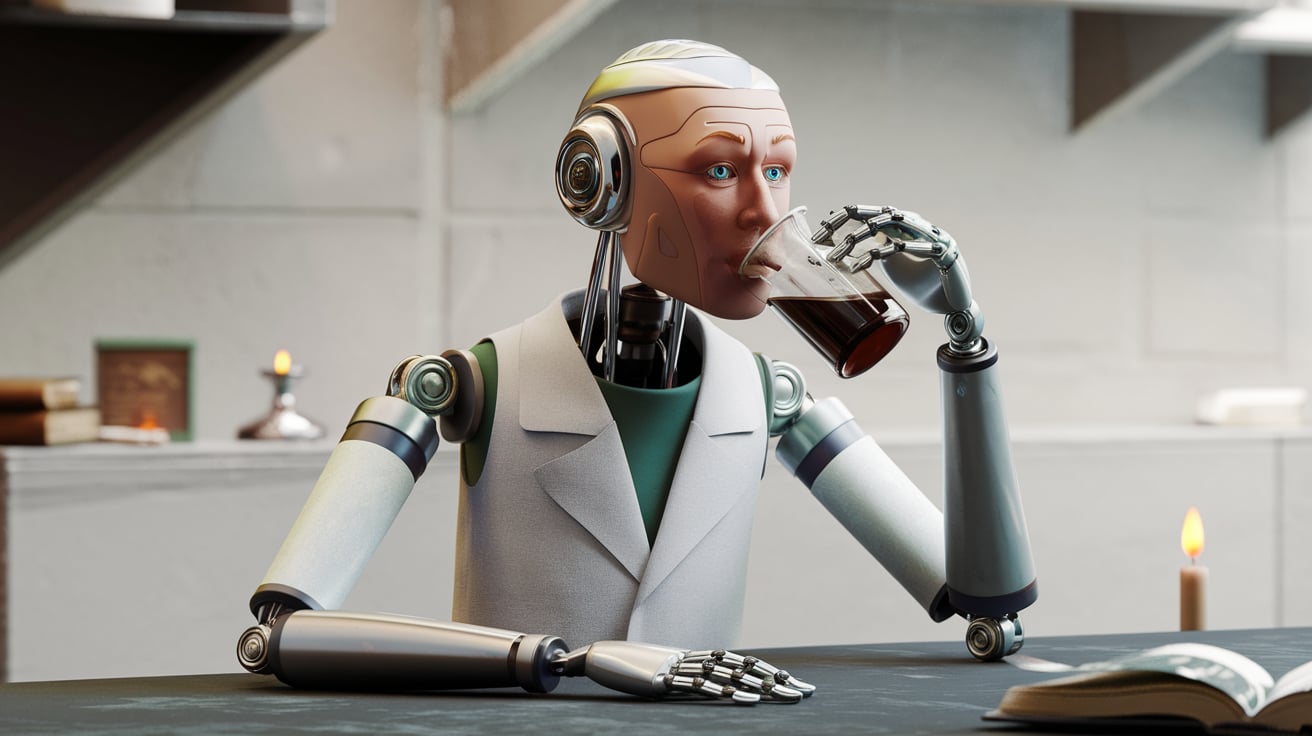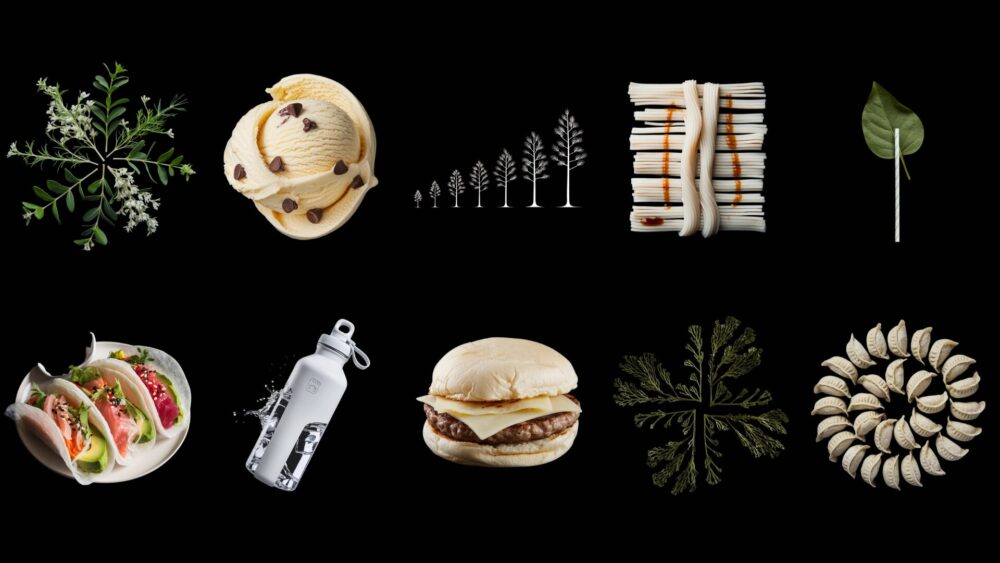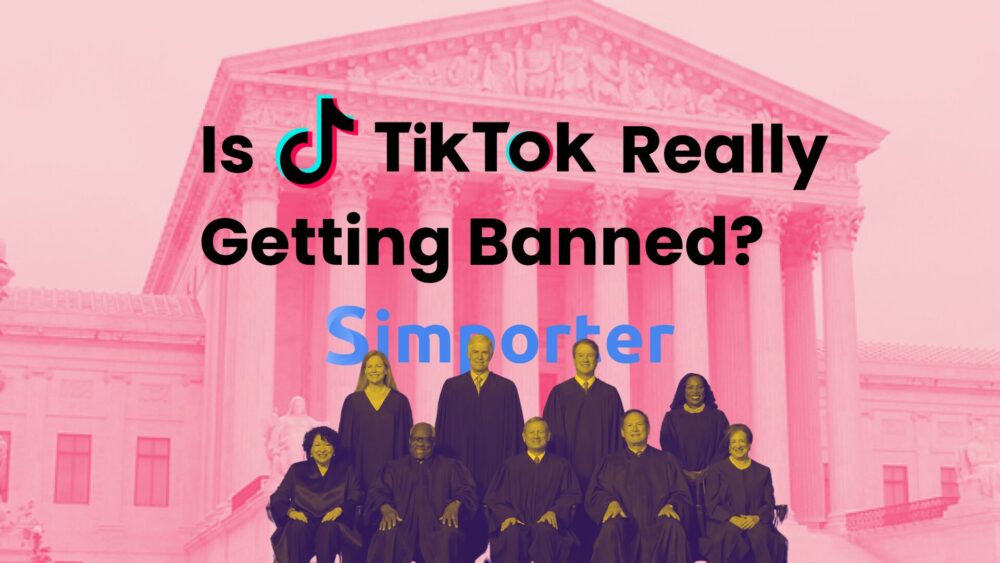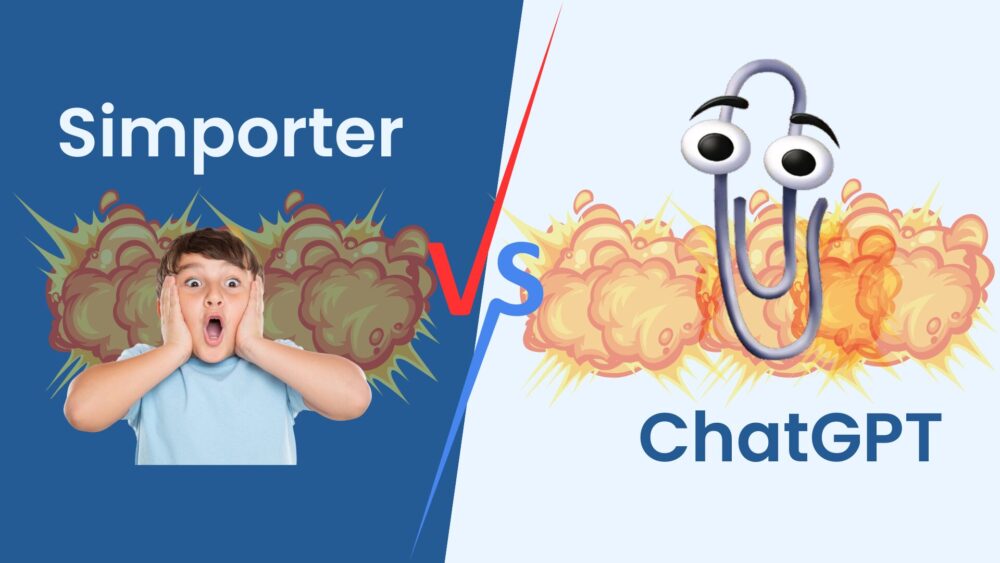Introduction
Artificial Intelligence (AI) is changing the way beverages are made, sold, and enjoyed.
From creating new flavors to making delivery faster, AI is helping companies improve every step of the process. It keeps drinks safe, helps the planet, and even gives you better choices at the store.
With AI, the beverage industry is smarter, faster, and more exciting than ever.
We broke down 40 use cases for AI in beverage. Check them out below or sign up for a demo to see how it can help your beverage brand.
Want a Free Demo?
Increase your new product success rate and reduce the risk of product failure today.
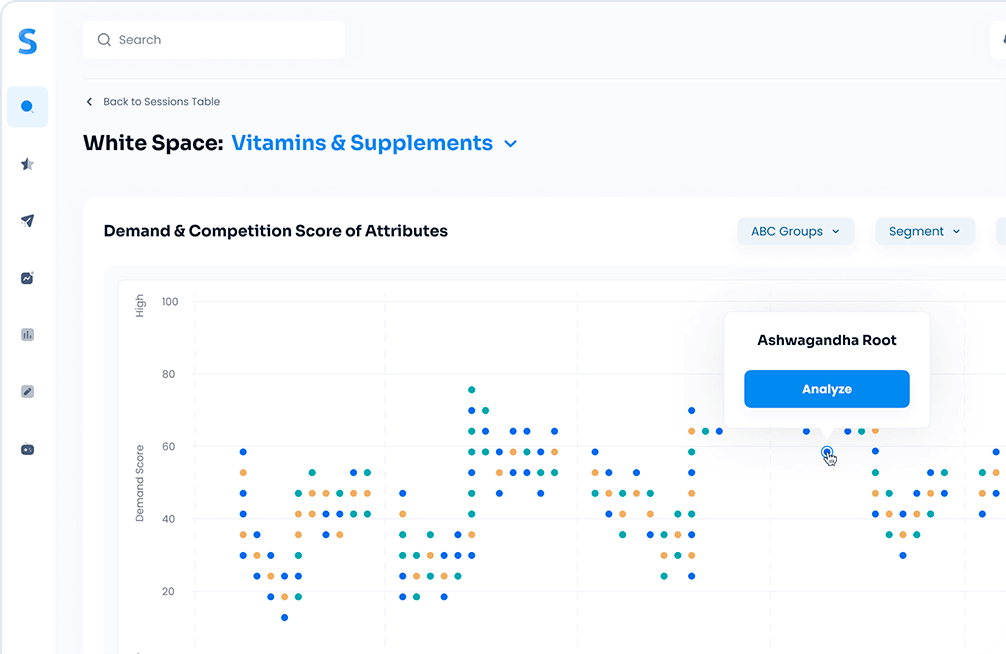
Product Development Innovation
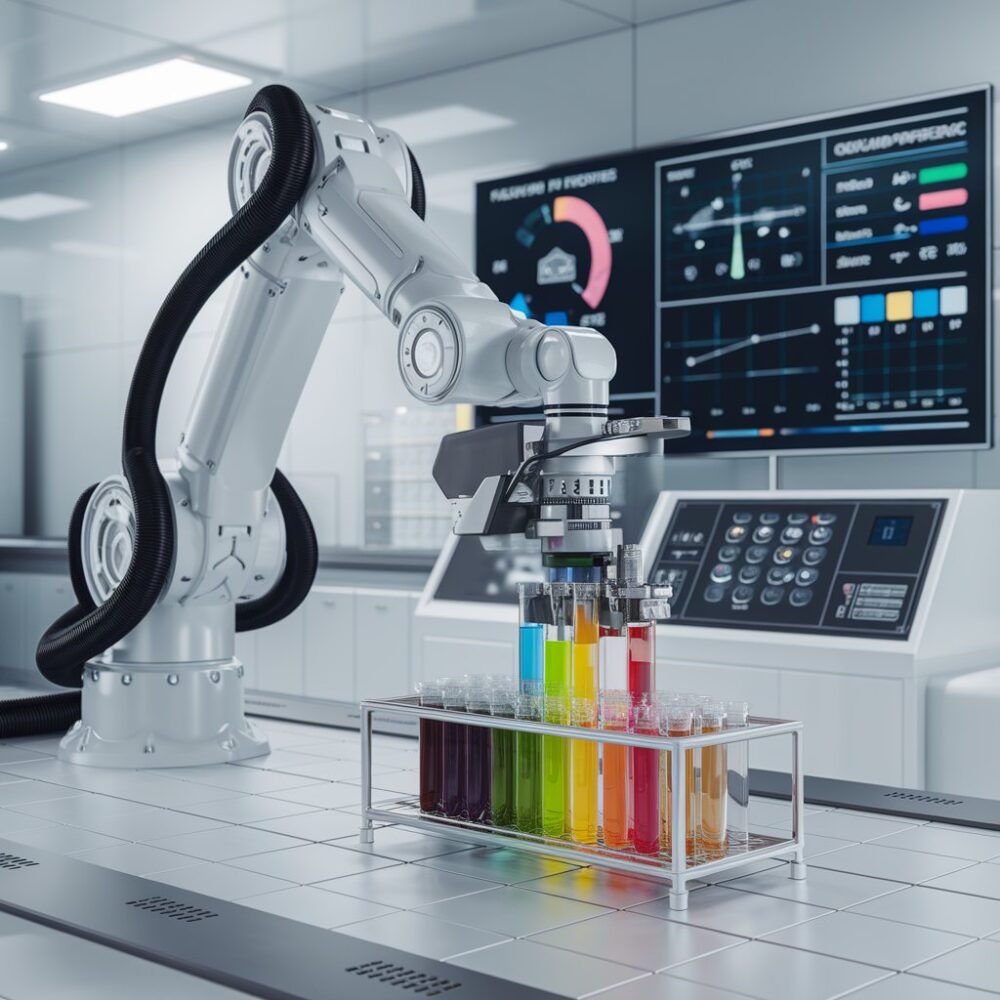
AI helps companies create new beverages. It analyzes trends to suggest flavors and ingredients that people will like.
For example, AI might recommend plant-based options for health-conscious consumers. This makes it easier to launch successful products.
AI also tests different recipes quickly. Companies can innovate faster without wasting time or resources.
Market Trend Analysis
AI identifies upcoming trends in the beverage industry. For example, it tracks data to predict the growing popularity of kombucha.
This helps companies prepare for changes in customer preferences. Staying ahead of trends gives businesses a competitive edge.
AI also highlights patterns, like seasonal drink demands. This ensures products meet customer needs at the right time.
AI in Beverage Packaging Design
AI is helping create better packaging for drinks. It designs eco-friendly options that reduce waste and appeal to customers.
For example, AI can suggest using recyclable materials or unique shapes that catch attention on store shelves. These designs are both sustainable and attractive.
AI also tests packaging virtually to ensure it’s strong and easy to use. This saves time and money by avoiding real-world trial and error.
AI and Unmet Consumer Needs
AI helps find gaps in the market where customer needs aren’t being met. For example, it analyzes online reviews to see what people wish their drinks had.
This data is used to develop products that solve these problems, like healthier options or new flavors. Companies can stay ahead by addressing these unmet needs.
AI also predicts future trends, helping brands create drinks customers will want tomorrow. This makes innovation faster and more accurate.
AI and Consumer Associations
AI studies how people feel about different drinks. For example, it analyzes words customers use to describe flavors, brands, or packaging.
This helps companies understand what makes a product popular. They can use this information to build stronger emotional connections with customers.
AI also identifies negative associations, like when a drink is too sugary. Companies can then adjust recipes or marketing to fix these issues.
AI in Product Idea Creation
AI makes it easier to come up with new product ideas. For example, it combines flavor trends with consumer preferences to suggest innovative drinks.
These systems generate ideas for packaging, branding, and even product names. This speeds up the creative process for companies.
AI can also simulate how a product will perform in the market before it’s launched. This ensures new ideas have the best chance of success.
Synthetic Panel Validation with AI
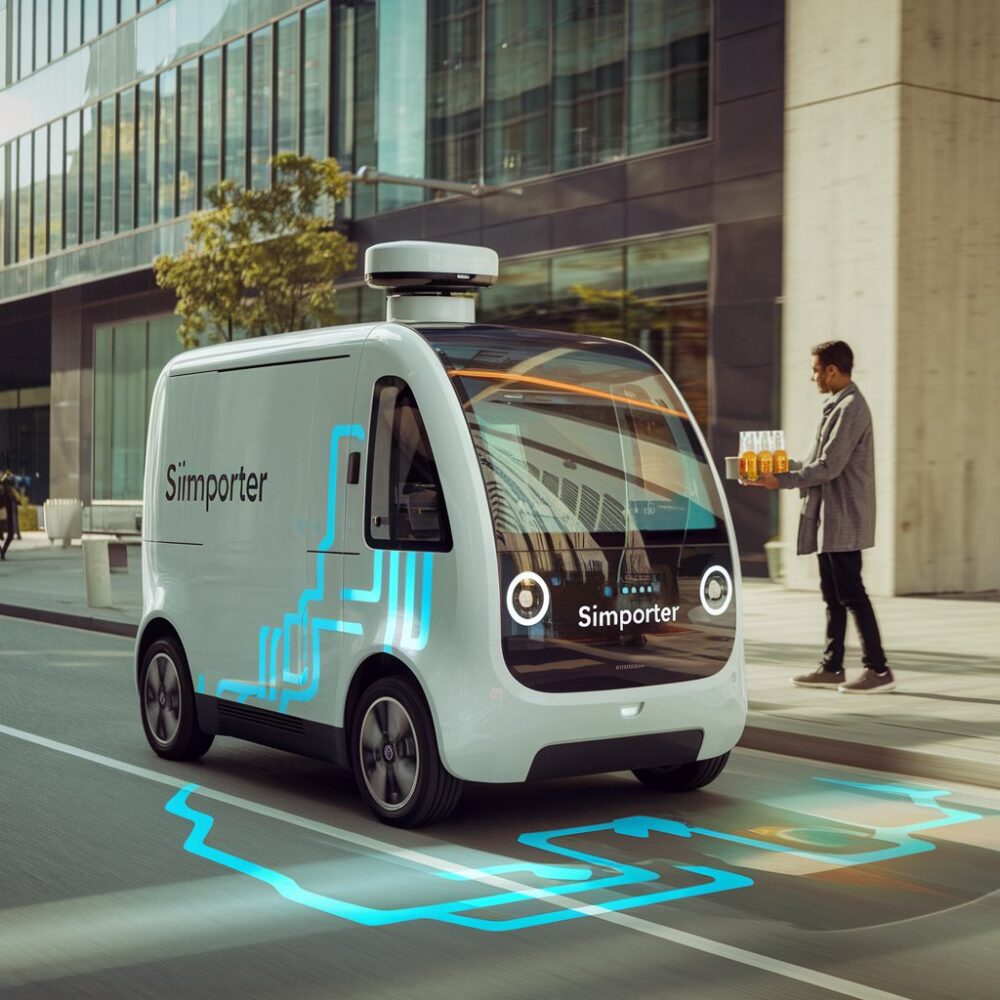
AI helps validate synthetic consumer panels, making market research more reliable. These panels simulate real consumer behavior using AI-generated data.
For example, AI can test how people might react to a new drink without the need for expensive focus groups. This saves time and resources.
It also ensures the panel data matches real-world buying habits. Companies can trust these insights to guide their decisions confidently.
AI-Driven Recipe Development
AI is helping beverage companies create exciting new flavors. For example, Coca-Cola used AI to develop their Y3000 flavor by analyzing customer preferences.
With AI, businesses can test countless combinations of ingredients quickly. This makes it easier to find new recipes that people will love.
AI also studies trends to predict which flavors will be popular next. This helps companies stay ahead in a competitive market.
Predictive Maintenance
AI predicts when machines might break down. This helps factories fix problems before they happen.
For example, beverage makers use AI to monitor production equipment. This reduces downtime and keeps production running smoothly.
By avoiding unexpected repairs, companies save money. AI also keeps workers safer by spotting risks early.
Personalized Marketing
AI helps beverage companies send ads people will like. Starbucks uses AI, called Deep Brew, to personalize customer experiences.
AI looks at buying habits to suggest drinks customers might enjoy. This makes ads more helpful and less annoying.
It can also send offers to customers based on their favorite products. This keeps people coming back for more.
Smart Vending Machines
AI-powered vending machines are changing how we buy drinks. These machines can suggest items based on what you’ve bought before.
They also track inventory so businesses know when to restock. This keeps popular drinks available and avoids empty shelves.
Some machines even adjust prices based on demand. AI makes vending smarter and more convenient for customers.
Energy Efficiency
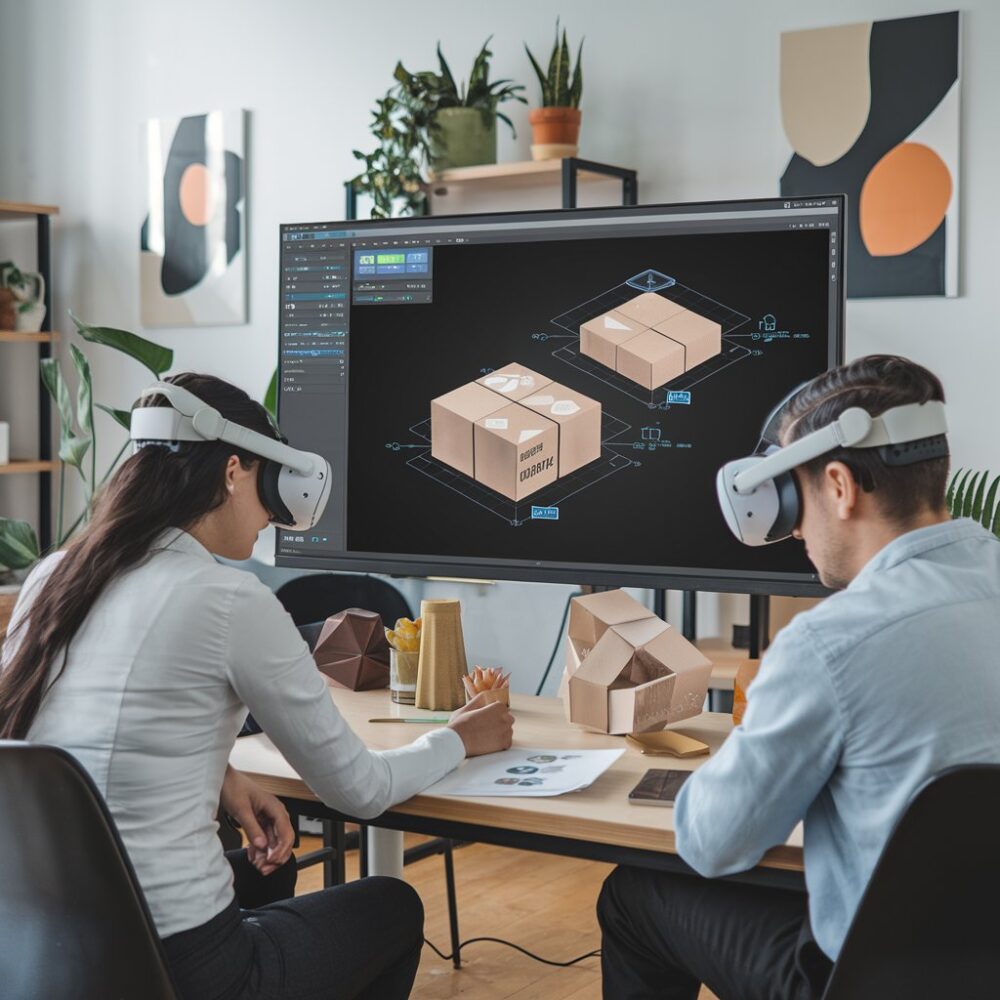
AI helps factories use less energy. It tracks how much power is needed for machines and suggests ways to save.
For example, it can turn off equipment when it’s not in use. This cuts down on waste and lowers energy bills.
By reducing power usage, AI also helps the environment. Beverage companies can make drinks in a greener, more efficient way.
Flavor and Aroma Modeling
AI is helping to create new, exciting flavors for drinks. Coca-Cola used AI to analyze popular flavor combinations for their Y3000 beverage.
This technology can identify which ingredients work well together. It helps companies experiment with tastes that customers will love.
AI also predicts which flavors might be trendy in the future. This allows businesses to stay ahead of competitors.
Autonomous Delivery Vehicles
AI powers self-driving trucks to deliver beverages. These vehicles can find the quickest routes to save time.
They also reduce costs by cutting down on fuel and driver expenses. This makes beverage delivery more efficient.
Autonomous vehicles use AI to avoid traffic and accidents. It’s a safer and smarter way to transport products.
Customer Service Chatbots
AI chatbots answer customer questions quickly and accurately. Beverage companies use these bots to provide information about their products.
Chatbots are available 24/7, so customers don’t have to wait for help. They can also handle multiple inquiries at the same time.
This makes customer service faster and more efficient. AI ensures that every customer gets a smooth experience.
Dynamic Pricing Strategies
AI helps companies adjust prices based on demand. For example, prices might go up when a product is very popular.
This ensures companies make the most profit without losing customers. AI uses real-time data to make quick decisions.
It also keeps prices competitive by watching what other brands charge. This strategy helps businesses stay ahead in the market.
Inventory Management
AI helps beverage companies keep track of stock levels. It predicts when supplies will run low and orders more automatically.
This ensures popular drinks are always available without overstocking. Businesses save money by avoiding wasted products.
AI also identifies trends, like which drinks sell best at certain times. This helps companies plan smarter restocking strategies.
Production Line Optimization
AI makes beverage production faster and more efficient. It analyzes each step to spot areas where time or materials are wasted.
For example, AI can adjust machine speeds to avoid bottlenecks. This keeps production lines running smoothly.
AI also reduces errors, ensuring consistent quality in every batch. Companies can produce more drinks with fewer resources.
Nutritional Analysis
AI evaluates ingredients to create healthier beverages. It helps companies design drinks that meet dietary trends like low sugar or high protein.
For example, AI might suggest natural alternatives to artificial sweeteners. This keeps customers happy while improving nutrition.
AI can also analyze how changes in recipes affect taste. This ensures the new product still appeals to buyers.
Food Safety Monitoring
AI makes sure beverages are safe to drink. It monitors production for any signs of contamination.
For example, sensors can detect bacteria or harmful chemicals in real-time. This stops unsafe products from reaching customers.
AI also tracks cleaning processes to ensure machines are sanitized properly. Companies can deliver safe, high-quality drinks every time.
Logistics and Distribution
AI improves how beverages are delivered to stores. It finds the fastest and cheapest delivery routes.
For example, trucks using AI can avoid traffic jams to save time. This ensures products arrive fresh and on schedule.
AI also predicts which stores need restocking soon. This helps companies plan deliveries more efficiently.
AI in Precision Fermentation
AI improves fermentation processes for beverages. For example, it adjusts temperature and timing to perfect the flavor of wine or beer.
This ensures that every batch meets quality standards. AI also reduces waste by preventing over-fermentation.
Precision fermentation creates consistent products customers can trust. AI helps companies save money while maintaining great taste.
Sustainable Food Solutions
AI promotes sustainability in beverage production. For example, it optimizes water use to reduce waste.
It also tracks energy consumption to find ways to save power. These efforts help companies make eco-friendly drinks.
AI can suggest sustainable packaging options as well. This ensures beverages are good for both people and the planet.
AI-Powered Coffee Monitoring
AI monitors coffee plants for better farming. It predicts when coffee cherries will be ready to harvest.
This ensures farmers pick the beans at the perfect time for flavor. AI also detects pests or diseases early to protect crops.
By improving farming practices, AI makes coffee production more efficient. Farmers can grow better beans with less effort.
Electronic Tongue Technology
AI-powered “tongues” can taste-test beverages. For example, Penn State researchers created a tool that can tell Coke from Pepsi.
This helps companies ensure consistency in flavor. It also speeds up quality checks without relying on human taste testers.
AI-tongues can identify subtle differences in recipes. This ensures every drink tastes exactly as it should.
AI in the Wine Industry
AI is transforming winemaking from vineyard to bottle. For example, Gamble Family Vineyards uses AI to monitor crops and predict yields.
AI analyzes weather patterns to decide the best time for harvesting. This ensures the grapes are perfect for winemaking.
It also helps winemakers adjust fermentation processes for better flavor. With AI, wineries can produce high-quality wine every season.
Smart Cups for Beverage Monitoring
Researchers developed AI-powered cups that classify drinks. These cups can detect freshness and identify beverage types.
For example, the cups analyze how ingredients interact over time. This ensures people consume drinks before they go bad.
AI in cups can also help people track their hydration levels. It’s a simple way to monitor what you drink every day.
AI in Beverage Delivery
AI makes beverage delivery faster and smarter. It uses data to plan the quickest routes for delivery trucks.
For example, AI systems help drivers avoid traffic jams. This ensures drinks arrive on time and stay fresh.
AI also helps businesses save money by reducing fuel use. This makes delivery efficient and environmentally friendly.
AI-Generated Advertising
AI creates unique ads for beverages. Coca-Cola used AI to design a Christmas commercial that grabbed attention.
These systems use customer data to craft messages people connect with. AI helps brands reach the right audience with better ads.
AI also generates multiple ad ideas in seconds. Companies can choose the best option and launch campaigns faster.
AI in Beer Production
AI is improving how beer is made and tested. An Australian brewery uses AI to check beer quality without wasting it.
These systems analyze ingredients and brewing steps to ensure consistency. This means customers always get the same great taste.
AI can also detect flaws before the beer is packaged. It’s a quick way to ensure high standards in production.
AI for Beverage Demand Prediction
AI predicts how much of a drink customers will buy. Coles uses AI to forecast liquor demand for busy seasons.
This helps stores avoid running out of popular products. It also reduces waste from overstocking items that don’t sell.
AI looks at weather, events, and shopping habits to improve predictions. This keeps shelves full and customers happy.
AI in Beverage Marketing
AI helps companies create smarter marketing campaigns. For example, Starbucks uses AI to recommend drinks based on past orders.
This personal touch makes customers feel valued and improves loyalty. AI ensures ads are tailored to what people actually want.
It can also analyze feedback to improve future campaigns. With AI, companies make better decisions and reach more customers.
AI in Beverage Packaging
AI helps design better beverage packaging. For example, it creates eco-friendly designs that reduce waste and appeal to customers.
These systems analyze materials and suggest recyclable options. This makes packaging both sustainable and cost-effective.
AI also tests how designs look and feel to consumers. Companies can choose the best option before mass production.
AI for Beverage Safety
AI ensures that beverages are safe to drink. For example, sensors powered by AI detect harmful bacteria during production.
These systems monitor cleanliness in factories to prevent contamination. This guarantees that every drink meets safety standards.
AI can also test for chemical imbalances in real-time. This ensures only high-quality products reach consumers.
AI in Beverage Retail
AI improves how beverages are sold in stores. For example, it analyzes sales data to suggest where products should be placed.
This helps increase visibility and boost sales. AI also tracks which drinks are selling fastest to restock shelves efficiently.
Retailers use AI to recommend bundles or discounts that appeal to shoppers. This makes shopping more enjoyable and effective.
AI for Beverage Waste Reduction
AI reduces waste in beverage production. For example, it tracks how much material is being used and suggests ways to cut back.
This helps companies save money and protect the environment. AI also identifies mistakes early to avoid wasting entire batches.
By optimizing production, AI ensures that resources are used efficiently. It’s a win for both businesses and sustainability.
AI in Beverage Flavor Profiling
AI helps create new and exciting drink flavors. For example, Coca-Cola used AI to develop their unique Y3000 flavor.
These systems analyze taste preferences and ingredient combinations. This allows companies to experiment with flavors people will love.
AI also predicts trends, like which flavors might become popular next. This keeps brands ahead of the competition.
AI in Beverage Ingredient Sourcing
AI helps find the best ingredients for beverages. For example, it tracks supplier performance to ensure quality and reliability.
These systems analyze costs and suggest more affordable options without sacrificing taste. This helps companies save money.
AI also ensures sustainable sourcing by identifying eco-friendly suppliers. This aligns with growing consumer demand for ethical products.
AI for Personalized Beverage Recommendations
AI suggests drinks based on personal preferences. For example, Starbucks’ Deep Brew AI recommends menu items tailored to each customer.
These recommendations improve customer satisfaction and loyalty. AI ensures people discover new favorites they might not have tried.
It also learns from feedback to make even better suggestions in the future. This keeps customers coming back for more.
Conclusion
AI is making a big splash in the beverage world. It helps companies create better drinks, save resources, and keep customers happy. As technology keeps improving, the possibilities are endless. AI is not just shaping the future of beverages—it’s making that future taste better too!
